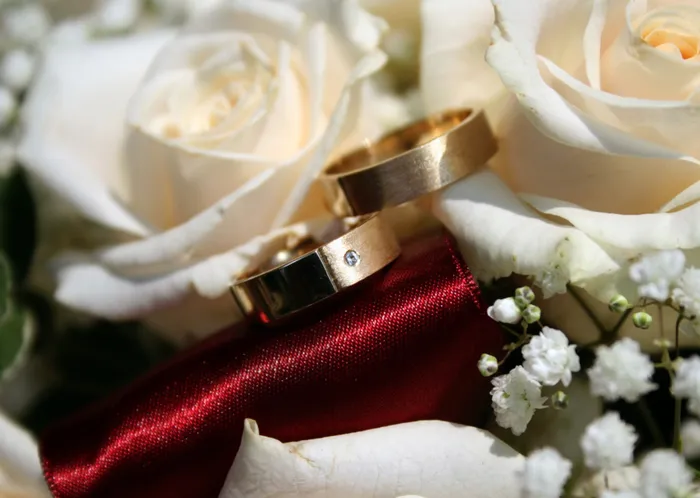Anglican bishops still divided about blessing same-sex couples

Anglican bishops in Southern Africa are still unable to reach consensus on blessing same-sex unions.
Cape Town - After nine years of debate, Anglican bishops in Southern Africa are still unable to reach consensus on blessing same-sex unions and have ruled out church marriages for same-sex couples.
The LGBTQIA+ community says this discriminates against them.
Archbishop Thabo Makgoba on Monday said the bishops had agreed at a meeting last week to prepare formal prayers suitable for providing pastoral care to couples in same-sex civil unions.
He noted, however, that the bishops were unable to reach consensus on blessing same-sex unions.
The Synod of Bishops met last week for its first in-person meeting in three years, and published the results of its deliberations on Sunday.
At the meeting, the bishops considered a proposal to allow local churches to conduct formal blessings of same sex unions.
“On one side of the debate were those of us who are deeply unhappy that faithful Anglicans, who are members of our parishes, are denied the church's blessing of their loving, faithful, monogamous, committed same-sex partnerships, when such recognition in the face of societal prejudice would give them the assurance that they are truly part of the Body of Christ.
“Those of us who hold this view believe that such Anglicans have suffered for too long,” the church said in a statement.
“On the other side of the debate were those of us who believe that all, irrespective of sexual orientation, are made in the image of God and that we are called to extend God’s love and grace to all, but who nevertheless also believe that we must hold true to Scripture and uphold tradition as it has been received down the ages,” it said.
At the end of the debate, they accepted that the divisions within the Synod of Bishops reflected the divisions in the church as a whole, and they were “not at peace with one another on this issue”.
According to the statement: “Responding to the debate, Archbishop Thabo Makgoba returned to the task we were given nine years ago, namely to spell out guidelines for providing pastoral ministry to those in same-sex relationships.
“Noting that we are baptising the children of same-sex couples and confirming LGBTQIA+ Anglicans, he appealed for guidelines on the form of prayers we are to use when ministering to them, for example, when we bless their houses or meals in their homes.

“He challenged us to develop prayers of affirmation and acknowledgement for all faithful Anglicans with which all of us can agree, and to present such prayers to the provincial standing committee (PSC) and Provincial Synod,” the Anglican church said.
The Synod of Bishops had agreed to his proposal and resolved to appoint a sub-group of bishops to draw up proposed prayers for submission to, and decision by, the bishops before tabling them at the PSC.
Activist and co-founder of advocacy organisation Free Gender, Funeka Soldaat, who identifies as lesbian, said for her it was good news that the Anglican church was continuing to engage on the issues.
“They’ve been engaging in some of these things of LGBTQIA+ people for years.
“The late Dean Rowan Smith, who was openly gay, was also a Dean there.
“They are very progressive in talking about it. “If it comes to push they struggle to reach consensus on it, they’ve been struggling for a while.
“The challenge is that they have to engage the entire SADC region, it’s not just a matter they can decide in South Africa.
“Makgoba is trying by all means that relationships of LGBTQIA+ people have to be acknowledged,” Soldaat said.
However, she added that it was bad that in this day and age the church was still so rigid.
“There’s no sin that’s better than others. Sins are sins. What about adultery, what about every nonsense happening, but they accommodate all those things that are happening?
“So it’s very selective. The church for me, the building and whatever, doesn‘t make sense, only God makes sense.
“The church won’t stop me from believing or praying. I have been an activist all of my life. If I was not God’s creation I would not have been here today.”
Transgender woman, Aurora Krotoa Moses, added: “The LGBTQIA+ community has been here for so long, why are people still debating this?
There’s still this debate about our existence as transgender people, we not going anywhere.”
She said she had personally been discriminated against by her former church in the past, which ultimately led her to move away from Christianity.
Cape Times